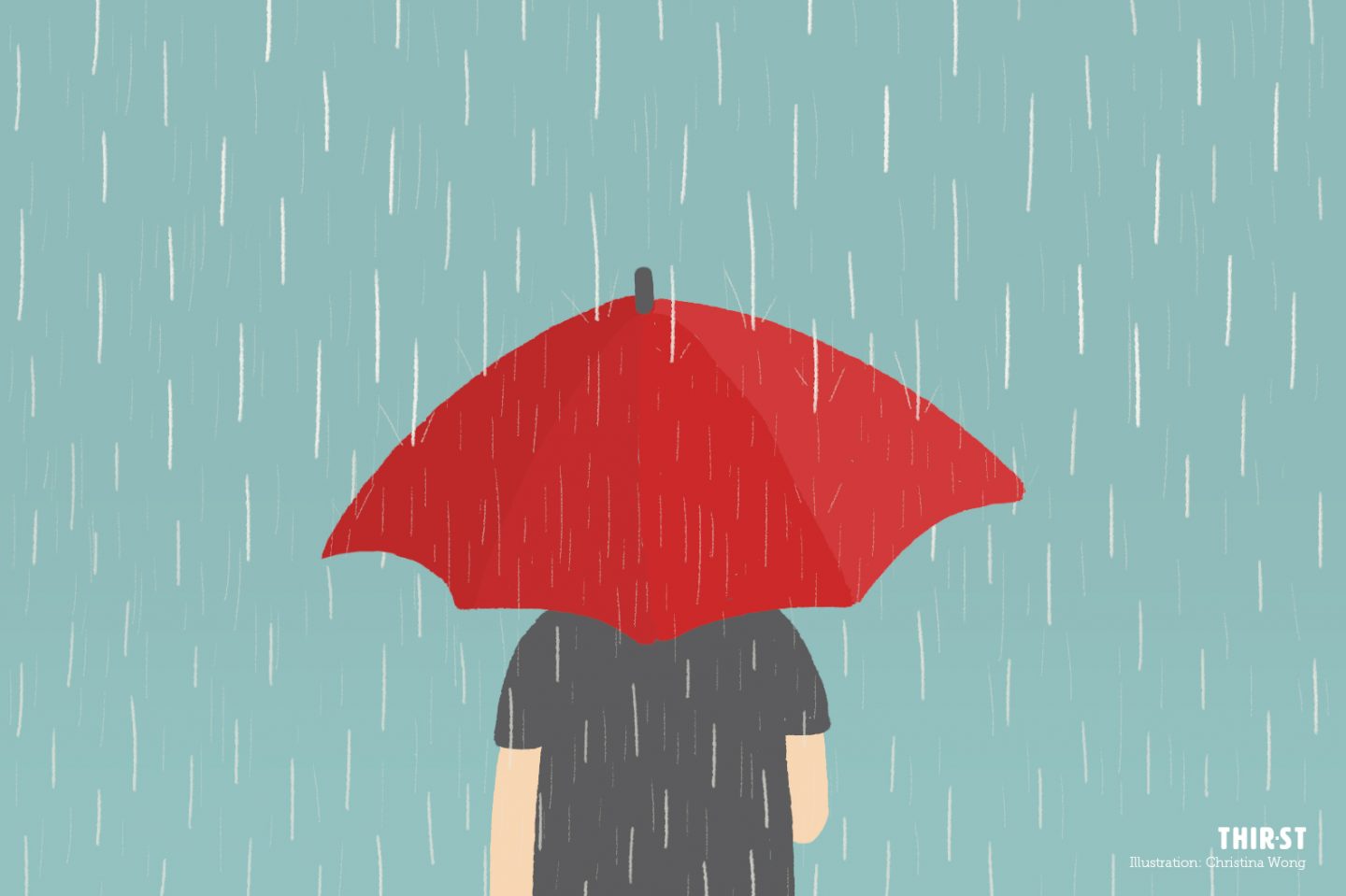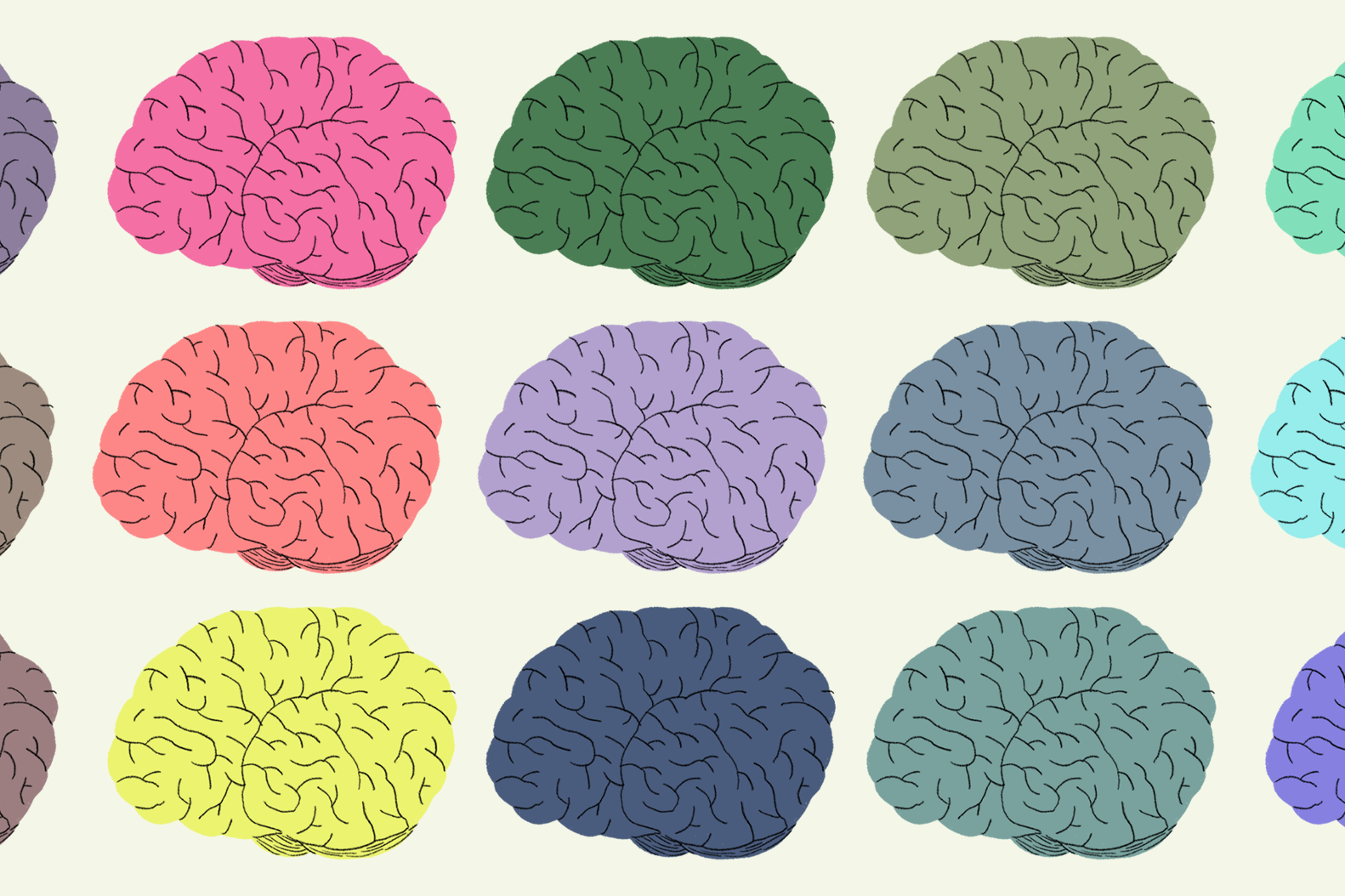One month after the passing of my mother in April 2011, I ended a year-long relationship with my boyfriend.
The relationship had already been on the rocks for months. It was adding to the existing stress I had to deal with after my mum had a cancer relapse. I couldn’t cope.
That meant that within a span of two months, I had lost two persons I loved deeply.
I didn’t know how else to move on other than diving straight back into work. That year, I started travelling alone and embarking on short-term missions.
All this was fulfilling – yet I couldn’t deny how empty I felt, deep inside. For a good six months, I didn’t smile or talk much. I used to be known for my cheeriness, but I was in a terrible state.
Those in emotional distress are often labelled as “weak”, “thinking too much”, “emotional”. Such statements invalidate people’s feelings, and can add to their distress.
Things did eventually get better and I started to get my sunshine back. But what I didn’t know was just how much of an impact the break-up had had on me. I came to view relationships more like a burden than something beautiful to be embraced.
Whenever I met someone, and told my friends about him, they made me realise that I just kept talking about my ex. It was time to move on, they gently reminded me.
Though I had no more feelings for my ex, the memories from our relationship were still haunting me and hindering me from forging new and healthy relationships. I struggled to move on.
THE STRUGGLE IS REAL
I couldn’t quite understand why, until I started to read up on the field of traumatology. The term has its roots in the Greek word “trauma” which means “injury or wound”. When we hear words like “trauma”, “injury” or “wound”, we often think of physical trauma.
Because physical wounds are obvious and visible to the eyes, they are more readily acknowledged and more appropriately treated, compared to emotional wounds. But research has shown how traumatic experiences during childhood or adulthood could cause emotional scarring and even changes in the brain, increasing your degree of vulnerability in the face of future stressors.
Trauma alters how one’s brain stores and remembers traumatic events. All this means that unless a traumatic event is properly processed, it can be very difficult to move on.
Those who have gone through traumatic experiences often continue to “live out” the memories in the present, instead of storing them away as mere historical information in the memory banks.
In the case of the ending of my relationship, I realised the whole process had been traumatic to me – enough for me to avoid being in one for years.
THE PAIN IS REAL
Many people label those who are in emotional distress as “weak”, “thinking too much”, “emotional”, etc. Usually there is no malice in these statements, and they are delivered with good intentions by loved ones in an attempt to comfort. Nonetheless, such statements invalidate people’s feelings, and can add to the distress.
Everybody is made different. We have different personalities and were raised in different circumstances, and as such possess different levels of tenacity in face of stress.
A common phrase we often hear in counselling is a client saying: “You are not me, you’ll never understand.” There is much truth in that phrase. What is a mere memory to one could be traumatic experience for another. Therefore, don’t discount the feelings of anyone articulating their emotional pain.
God knows our pain, sees every second we suffer. And He gives us what we need to move on. The strength, the support.
This is not to say that individuals should go too far down the road of victimisation, expecting people to empathise all the time. If you’re in this position, understanding the nature of emotional pain should be for the sake of helping you and your loved ones to understand your struggles in order to help you heal. It’s not meant to let you indulge in self-pity.
From my own professional experience, people start to heal and move on when they feel their deepest emotional pains are being acknowledged.
OUR GOD IS REAL
Emotional wounds – though not visible to the naked eyes – are real, just like physical wounds. If we do not denigrate people who have physical wounds or ailments and label them as weak, why do we often do it to people with emotional wounds or mental health conditions, attaching all sorts of negative connotations to their condition?
When people are unwell, they need tender, loving, care and not judgement. After all, God’s ministry is one of love and not ostracism. In the words of Mother Teresa: “If you judge people, you have no time to love them.”
I think about the experience of Elijah in 1 Kings 19. Fresh from a comprehensive victory over the priests of Baal the chapter before, the prophet has no time to rest, because Queen Jezebel is out for his blood.
He ran for his life, coming to a stop under a bush in the wilderness, where he utters a cry of resignation that depressed people will find familiar.
“I have had enough, Lord,” he said. “Take my life.” (1 Kings 19:4)
Enough, God. This is too much for me.
Elijah was facing some physical trauma – he was hungry and tired – but his deep trauma was to his emotionally exhausted soul.
God met him in both places. First He gave the poor prophet food and water – enough to travel 40 days and nights on. That was some meal.
The point of the meal: To bring Elijah to Horeb, the mountain of God. The meaning of Horeb? “Dry place”. God knew Elijah’s sagging spirit was at a dry place.
And He gave him help and encouragement. Jehu to fight for him, Elisha to succeed him, and 7,000 others who were in the fight with him, refusing to bow their knees to Baal. (1 Kings 19:17-18)
God knows our pain, sees every second we suffer. And He gives us what we need to move on. The strength, the support.
For me, I’m glad that my loved ones finally understand the extent of my struggles. I’m still fighting the feelings, but I look forward to the day where I will no longer be living out my past traumatic memories of my past relationship, so I can find myself in a healthy relationship in the present.
I’m gonna heal, so that I can heal others.









